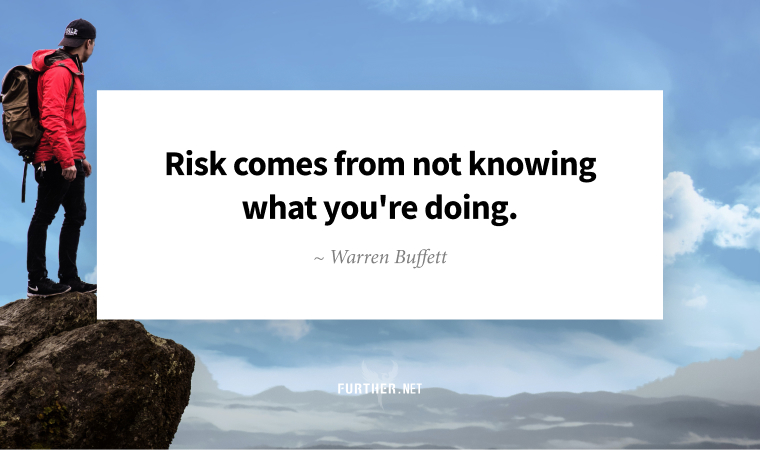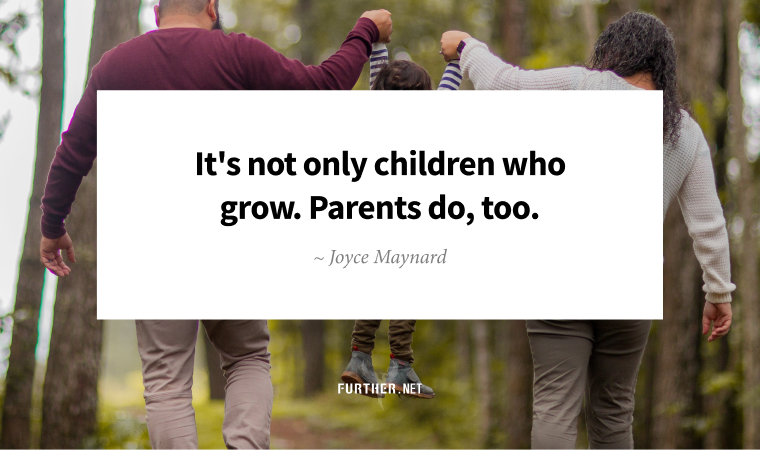
At a time that used to be about ramping down to retirement, people over the age of 50 have different ideas. And that often involves starting a business.
More than half (54%) of America’s small business owners are over 50. Specifically, 33% of U.S. small business owners are between 50 and 59 years old; 17% are 60 to 69 years old, and 4% are 70 and up.
The counterintuitive truth is that starting a business when you’re a bit more seasoned is less risky, because the success rate is higher. And when you’re 50+, the real risk comes from being laid off and being unable to secure another job for an extended period of time.
And then there’s retirement risk. Even those with “enough” retirement savings under previous standards run the risk of outliving their money thanks to extended life expectancy and healthspans. That’s a Gen Xers nightmare.
We know the fable of the young entrepreneur is mostly a media myth. And yet there are other misconceptions about what “starting a business” means for today’s midlife entrepreneur.
Look at any guide to starting a business later in life, and it’s always focused on:
- Raising money
- Hiring employees
- Finding the right location
This ignores the fact that most of the small businesses out there are solo or very small. These are the consultants, freelancers, and other independent contractors that carve out economic niches for themselves based on their knowledge and skills.
Back when bricks and mortar businesses ruled, the marketing mantra used to be “location, location, location.” The right spot could make a marginal concept work, while a bad location could kill even the coolest retail idea.
For the savvy self-employed class, the key word is “location independent.” Thanks to digital marketing and business models, you can attract customers and clients without regard for geography. And that means you can work and live anywhere as well.
If your dream is to start a business ranging from a coffee shop to a capital-intensive startup, more power to you. But for many, being tied to debt, high overhead, and geography is not exactly the most liberating situation when you’re 50+.
People associate entrepreneurship and self-employment with risk. What’s risky is thinking an employer has a shred of loyalty toward you as an older employee, especially as we’re looking at much longer work lives.
Keep going-
P.S. New to Further? Join us here.
The Wizard of Ozempic
Ozempic/Wegovy and similar weight-loss drugs are already threatening to disrupt the fast and ultra-processed food industries. Now research finds that patients who start taking GLP-1 drugs are less likely to be diagnosed with depression and anxiety afterward, which may disrupt the psychological side of big pharma.
Ozempic, Other Weight Loss Drugs Tied to Lower Risk of Depression and Anxiety (Gizmodo)
Lemon Aid?
People are drinking lemon water in hopes that they will lose weight, detox, and clear up acne. While we all need water for hydration, and lemon juice delivers antioxidants and Vitamin C, these are the only proven benefits you can expect from the latest scientifically-unsound fad.
Can Drinking Lemon Water Aid in Weight Loss? Dietitians Discuss the Popular Trend
The New Style
Retirement has the potential to be a very difficult period of life. And it’s not just because your finances are shifting and you’re going from earning a regular paycheck to living off a combination of savings and Social Security.
Many of Retirees’ Top Concerns Could Be Alleviated With This One Move
Disloyalty First
A journalist wrote a piece about how Gen Z is experiencing a workplace devoid of loyalty from employers. Gen X readers stood up and said, “Remember us? This started with us!”
What I Got Wrong About Loyalty at Work
The Extended Nest: Mentoring Your Adult Children

By Trudi Roth
I’m having a meta experience: as I’m writing about how we’re more connected with our grown children than previous generations, I’m also fielding texts from my adult kids. One shared Noah Kahan’s newest song, and the other just landed safely in Phoenix for the PGA’s Waste Management Golf Tournament (sounds like a Rodney Dangerfield rager to me).
As a reformed mommy blogger, I’ve had misgivings about our generation’s signature overparenting. From helicopters to snowplows and tigers, it’s a far cry from our latchkey childhoods that ended at 18, when parental support was traditionally cut off.
But put a feather in your cap if you’re still close to your adult kids because empty nesting has officially evolved. Turns out the kids are not only alright; they’re better for your continued involvement and support.
The Parent Trap
We’ve had a damned if you do, damned if you don’t parenting experience. Popular conception says we’ve micromanaged our kids, robbing them of independence-fostering experiences, but what do you expect from people who grew up reading the backs of milk cartons as we ate our Lucky Charms and watched America’s Most Wanted too close to bedtime?
Score one for the slackers: Pew Research reports that young adults 18-34 with highly involved parents aren’t stunted; instead, they’re benefitting from healthy, fulfilling relationships with their folks. And 90% of parents rate their relationship with their adult children as good or excellent.
This isn’t news to adult development expert Karen Fingerman, whose work at UT Austin has revealed many upsides of long-term parental involvement with their grown kids.
Professor Fingerman and her colleague have found that close relationships between parents and grown children protected children from unhealthy behaviors, and young adults who received significant parental support were better able to cope with change and had higher satisfaction with their lives.
“Involvement” includes everything from regular texting to providing advice and emotional and financial support. (And, in my household, meme sharing and Wordle battles.)
Both Sides Now
Even if you don’t have kids, forging a close relationship with a young adult can be game-changing. For example, Oldster pointed out the glorious “new wrinkles added to older acts” at the Grammys when revered moms and pop of rock (Joni Mitchell, Billy Joel, and Tracy Chapman) joined forces with much younger talent (Brandi Carlisle, Freddy Wexler, and Luke Combs).
Plus, hanging with people old enough to be your kids is shown to be an all-around well-being boon. As organizations like CoGenerate demonstrate, it paves the way to a more sustainable, productive future for all.
So, whether you nested or not, there’s nothing empty about staying connected to the young adults in your life. The joys — and benefits — of ongoing intergenerational connection have finally come home to roost.
Parents Are Highly Involved in Their Adult Children’s Lives, and Fine With It (New York Times gift article)
further: flashback

Tracy Chapman – Give Me One Reason
New Beginning, 1995
Tracy Chapman was the big winner at this year’s Grammys with her surprise performance of Fast Car. But don’t forget about Give Me One Reason, a blues song so perfect you might think it’s a cover of an old classic. Nope, it’s 100% Tracy. (YouTube)
further: sharing
Enjoy this issue? Please forward this email with friends or share on social media.
Thank you for sharing Further!
